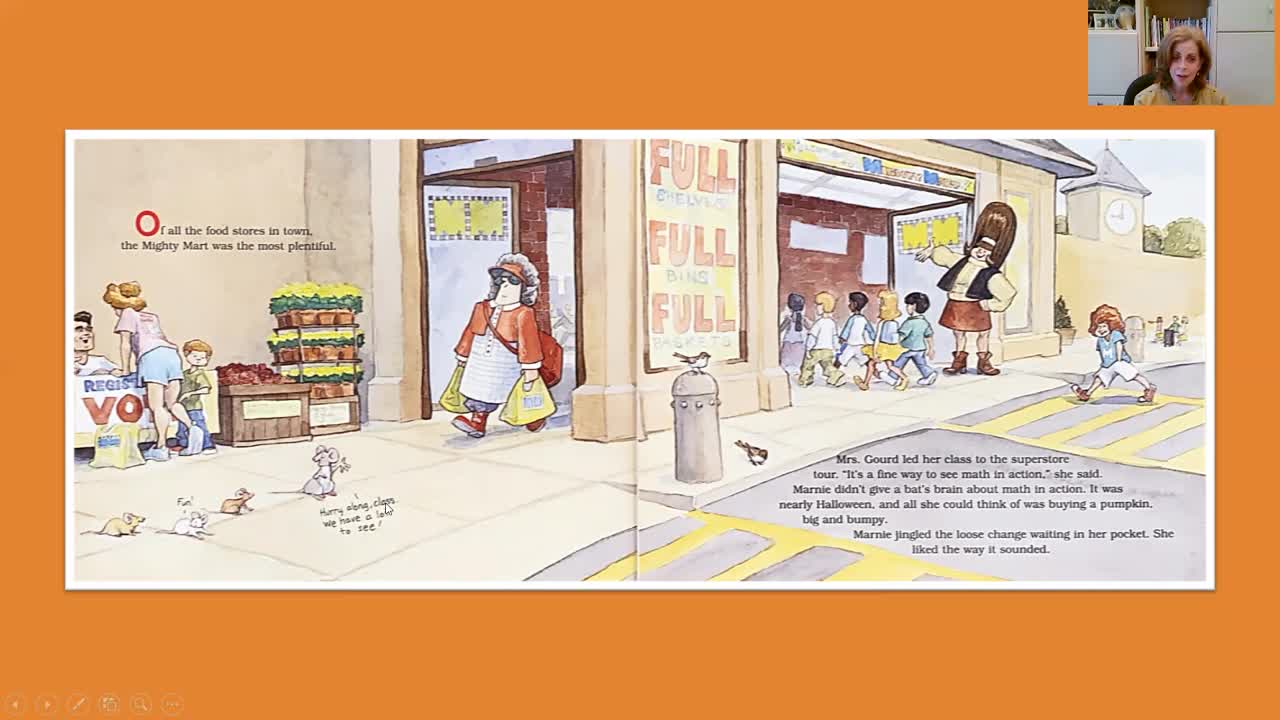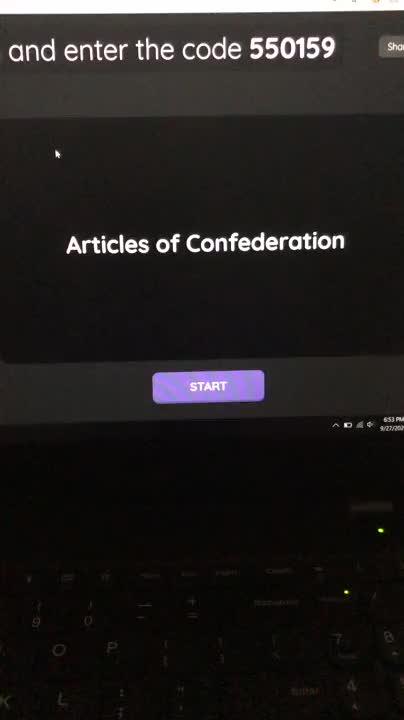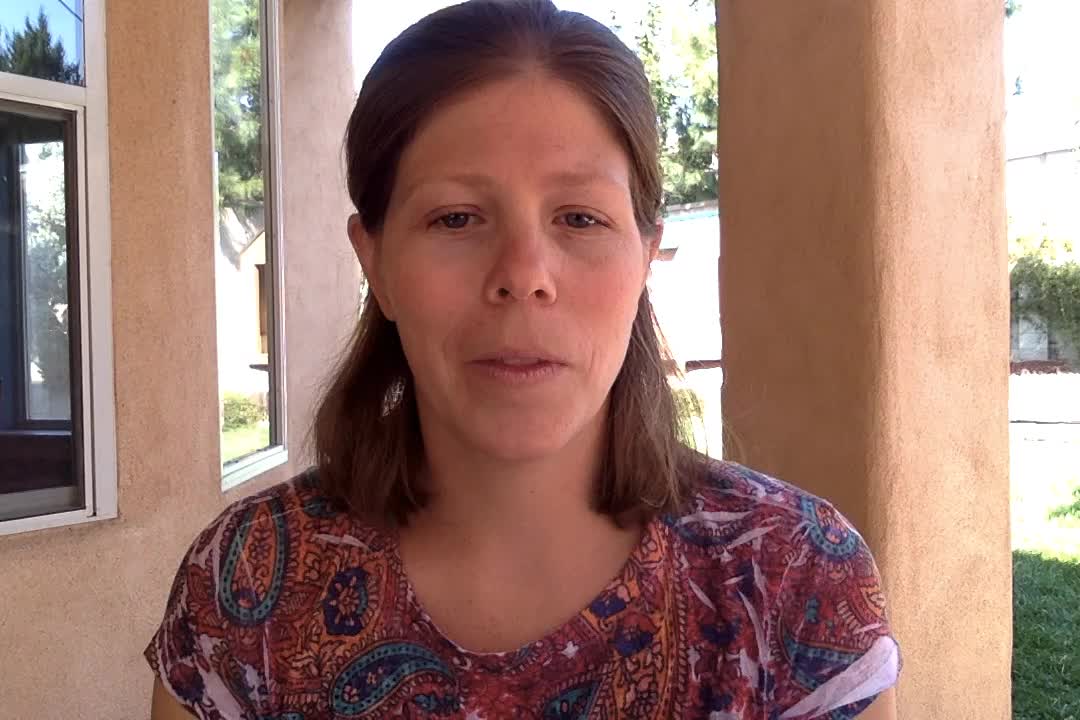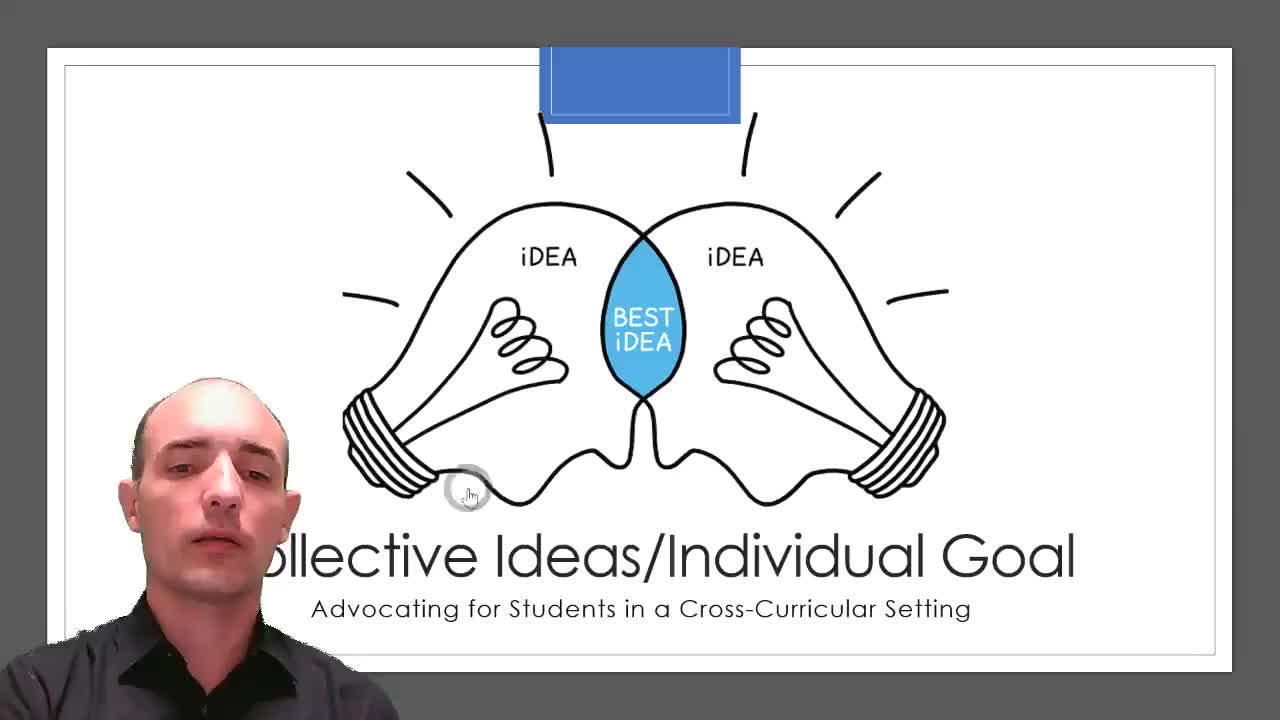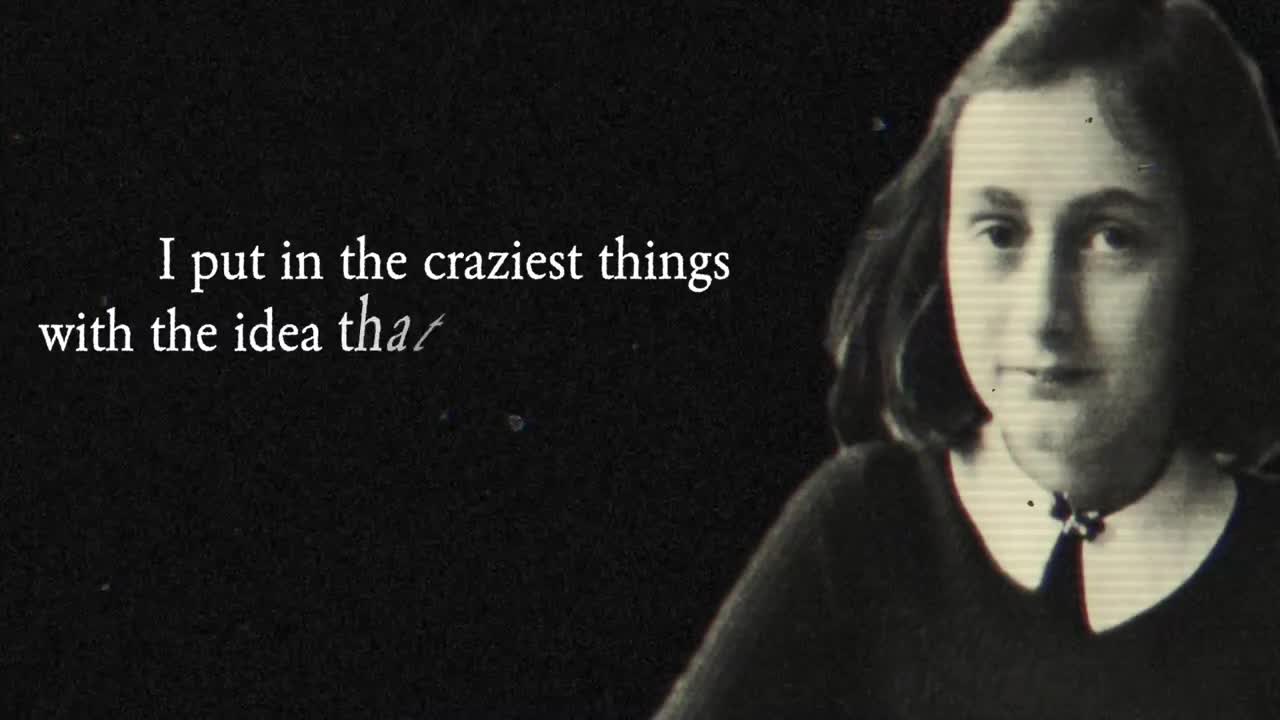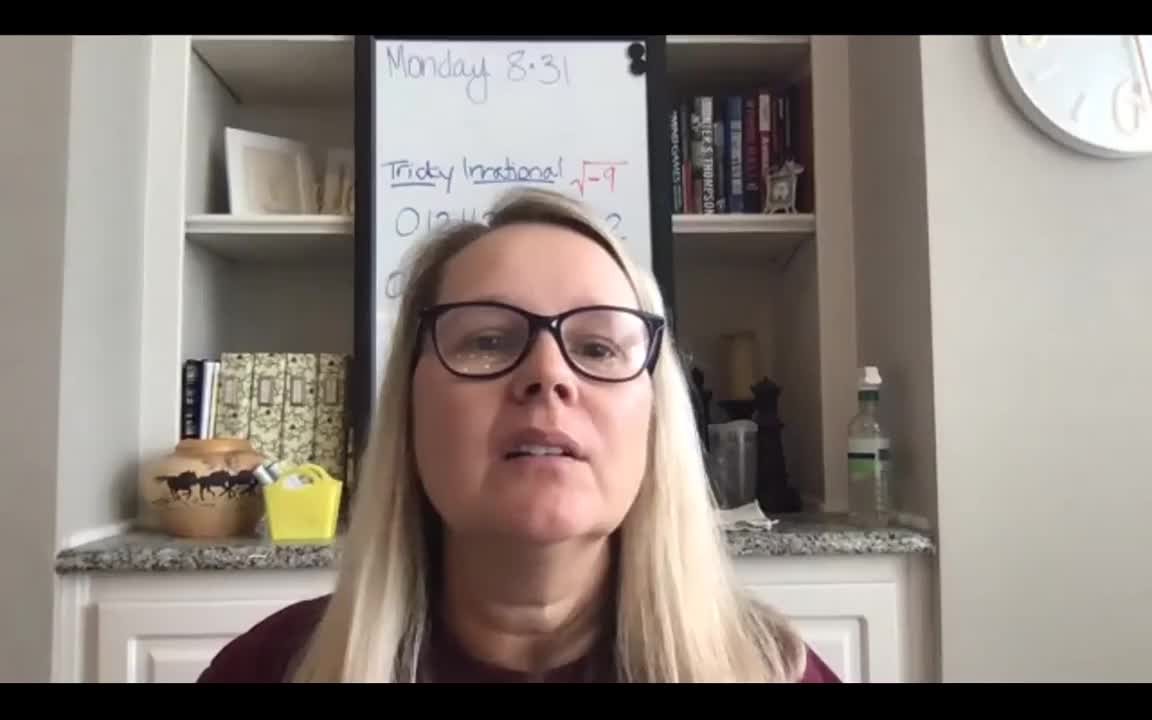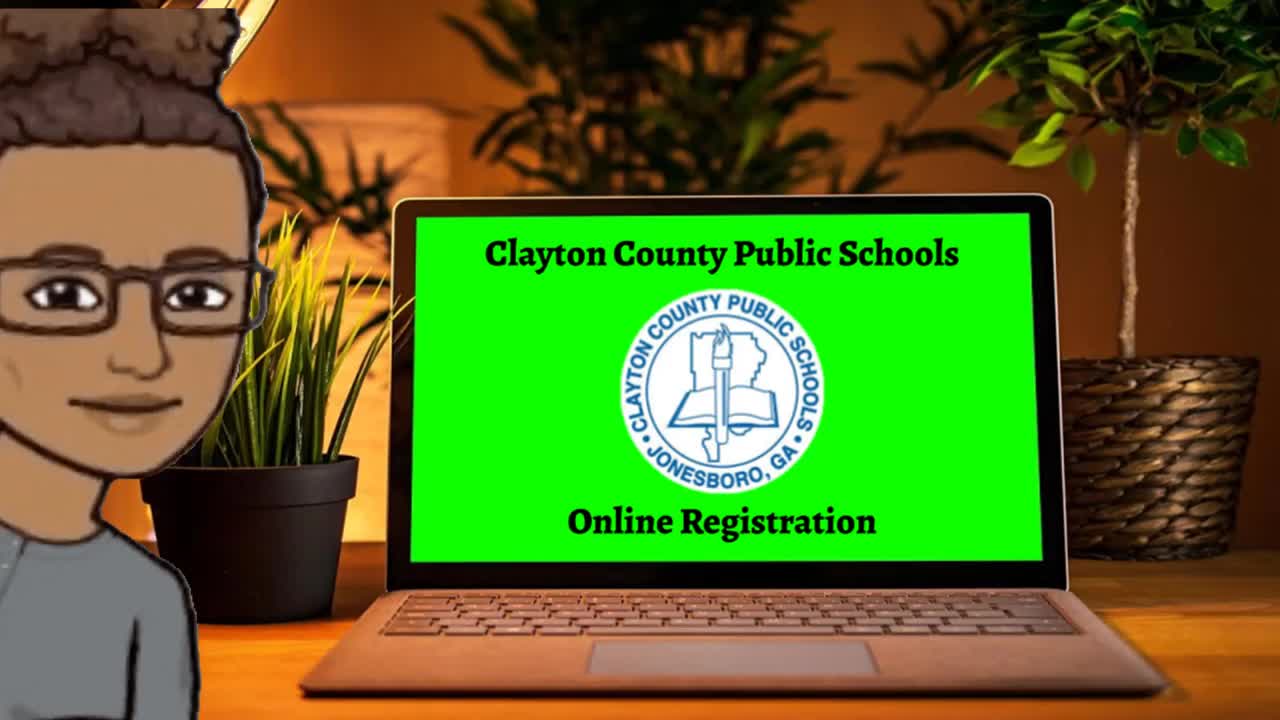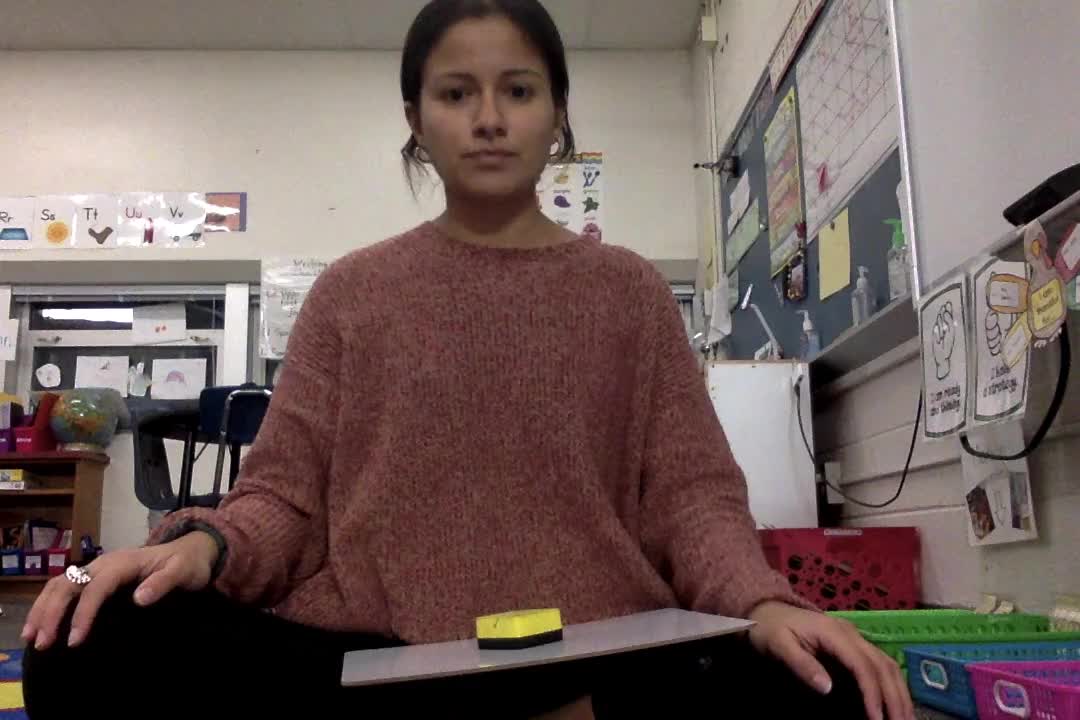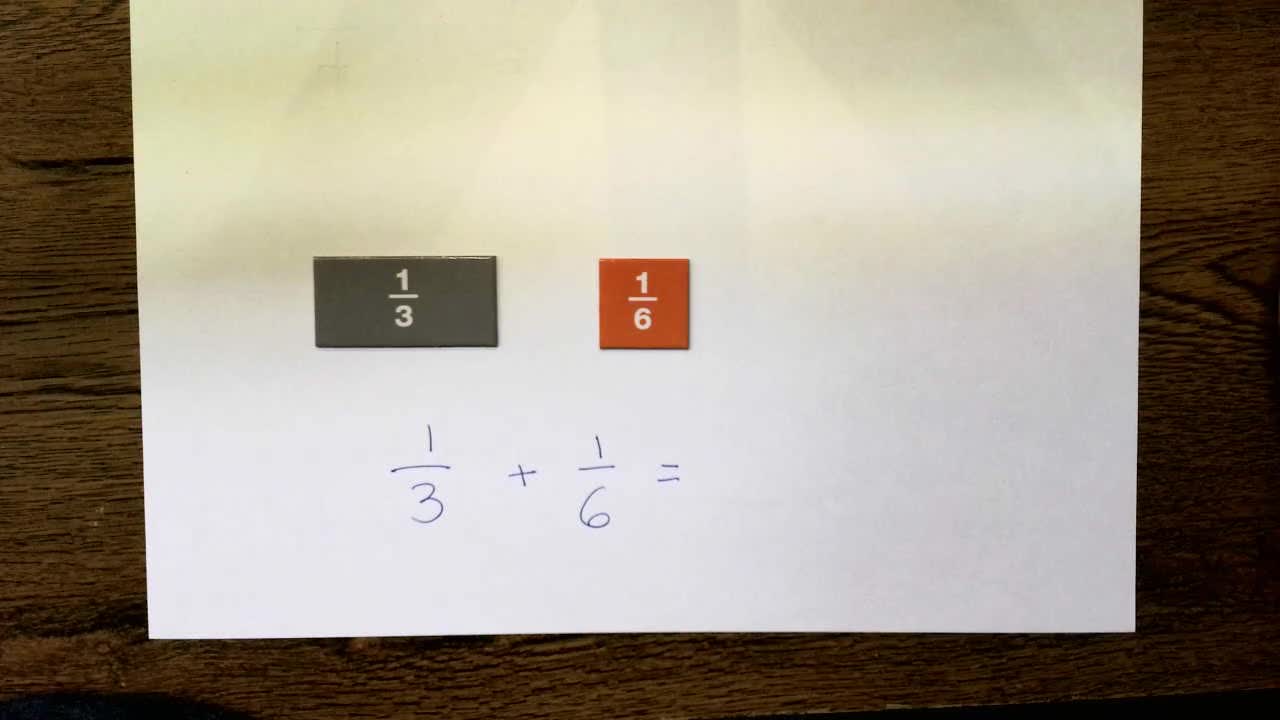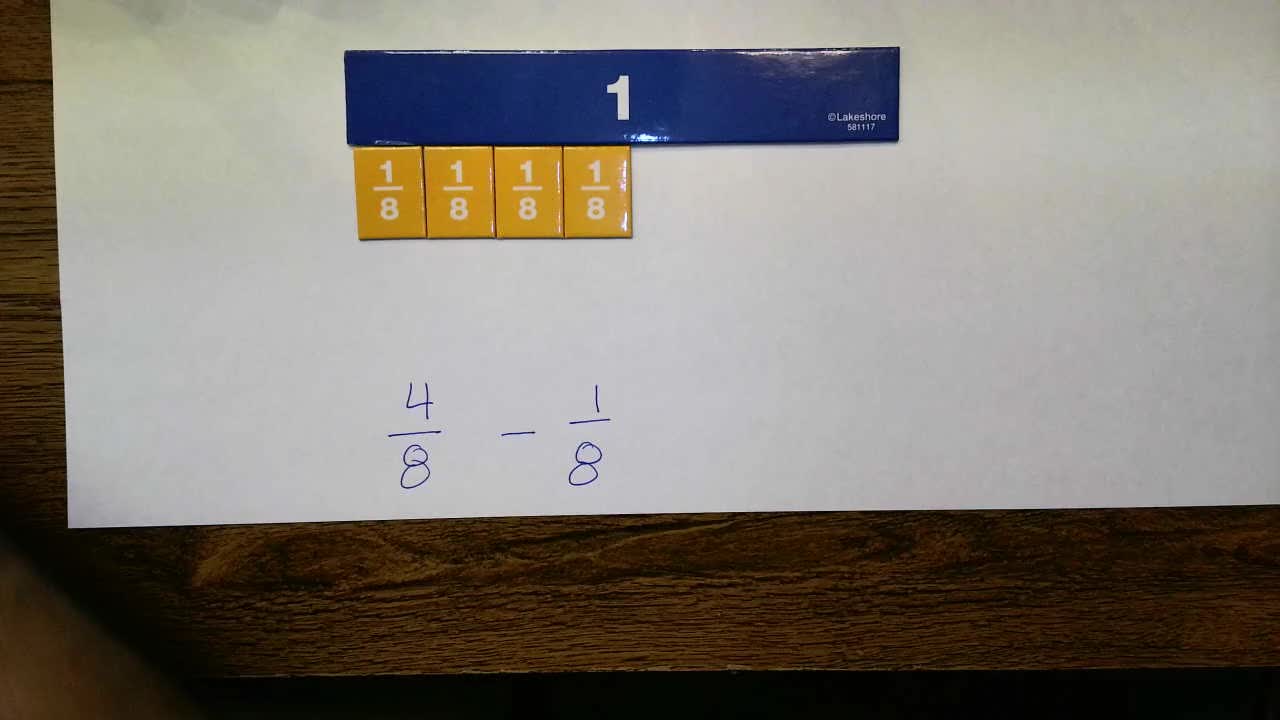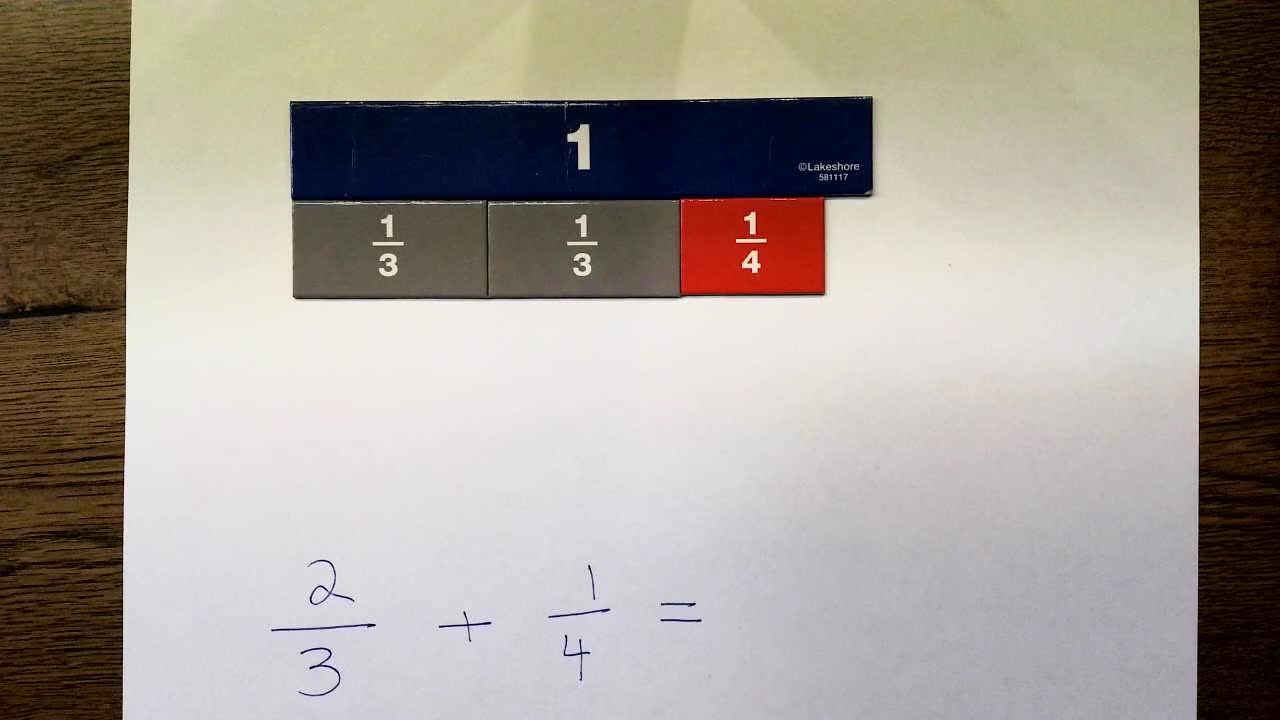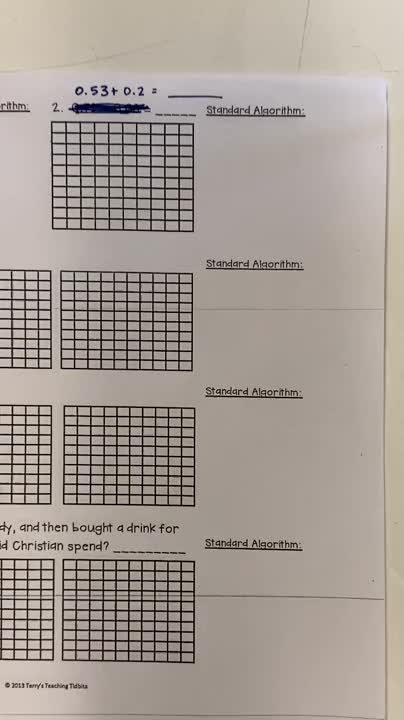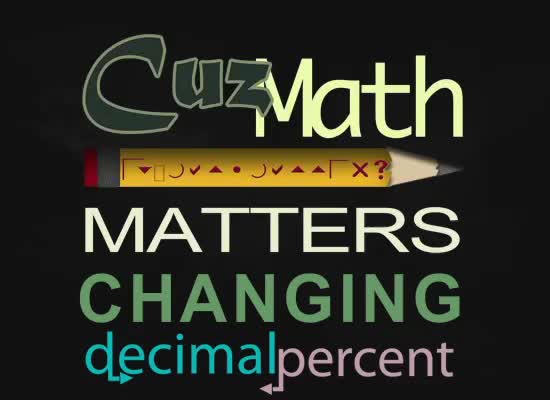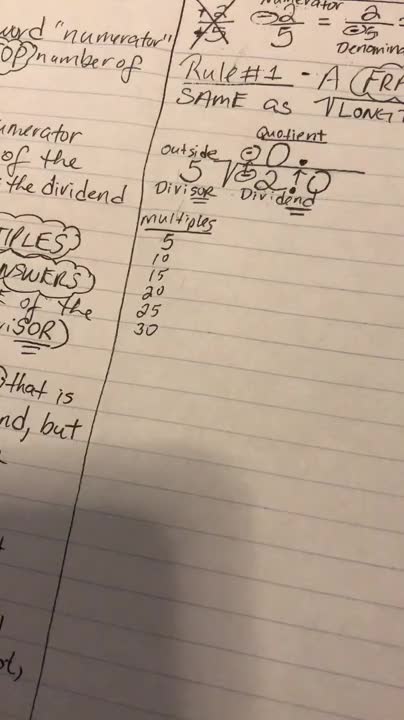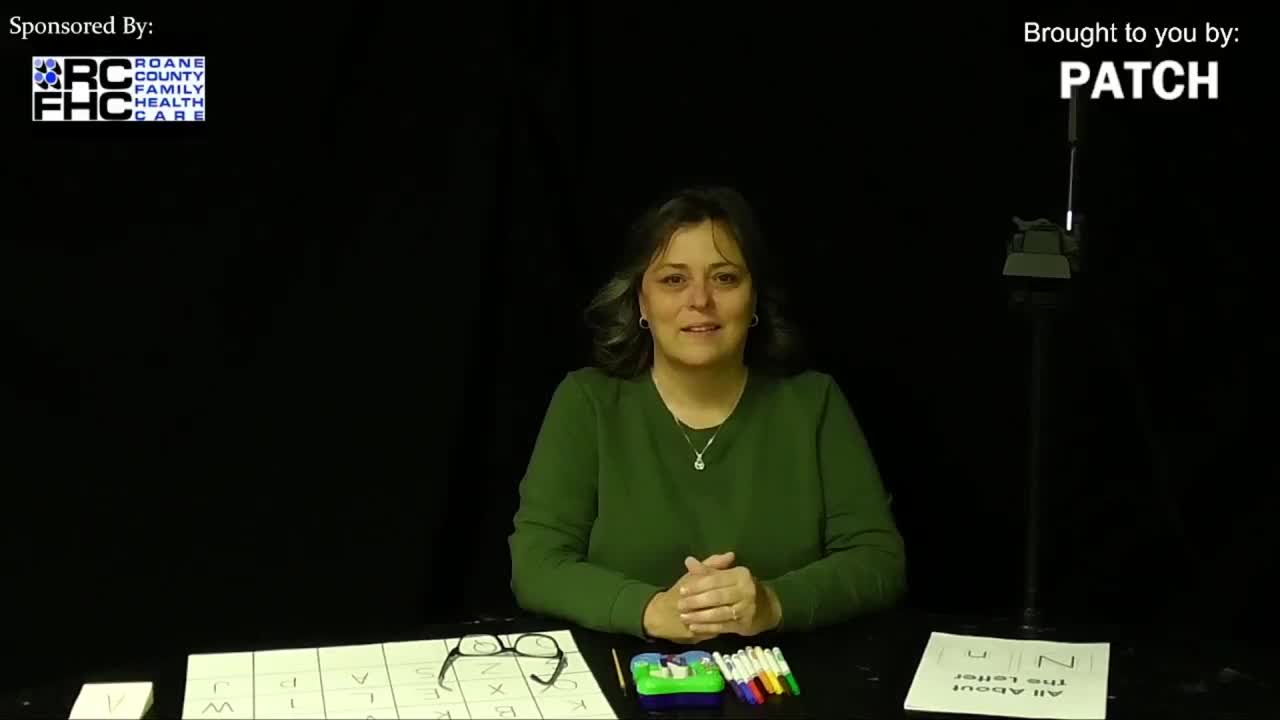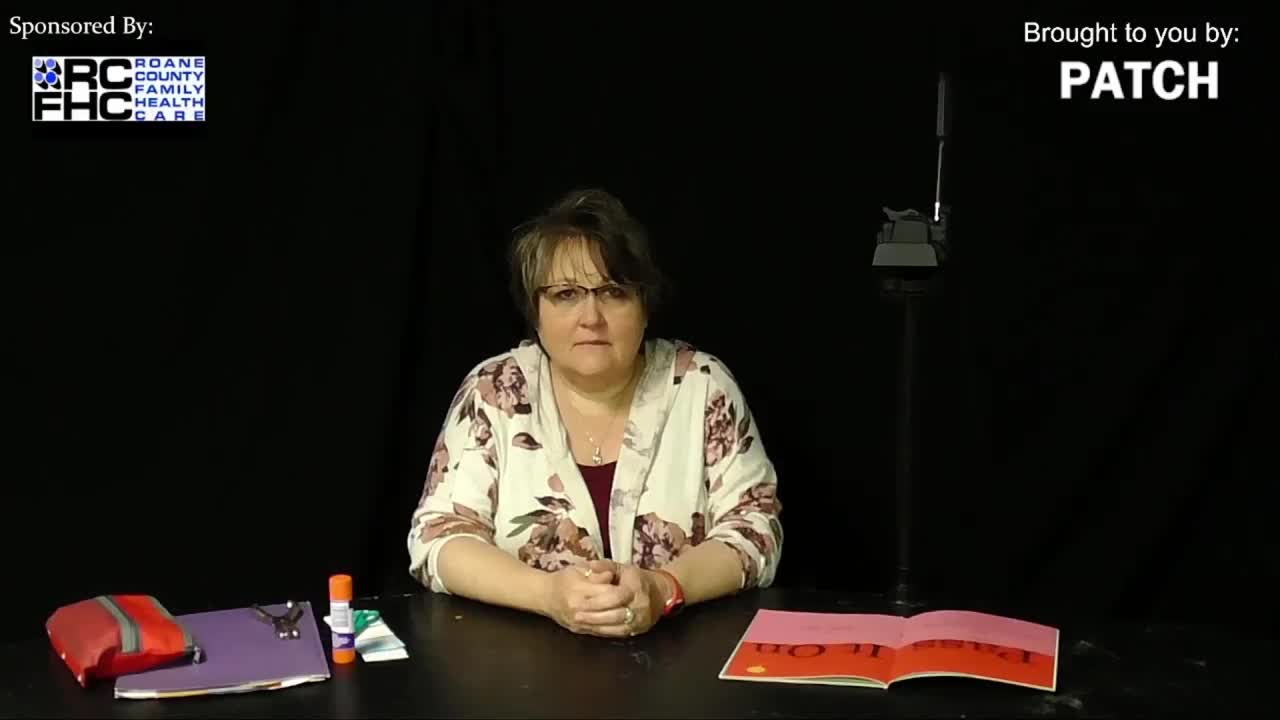Week 1 Lit Terms Pt 2- False Premise, Cognates, Ambiguity, Overstatement/Understatement
Elementary / Math / Ratios and Proportions
The Grey Link: https://www.youtube.com/watch?v=B9hnYXb9y9I This week we'll also be covering false premise, cognates, ambiguity, overstatement, and understatement. False Premise Complex logical arguments are often built up of a series of sound, agreeable observations that lead to a conclusion. Each observation that the conclusion is based on is called a premise. Even if every premise is accurate that doesn't mean the conclusion is accurate. For example: Premise 1: Rain makes the street wet. Premise 2: The street is wet. Conclusion: It must have just rained. In this case, each premise is individually verifiable, but the conclusion is invalid. Even though rain does make a street wet, this conclusion assumes that it is the only potential cause of a wet street. If the premise specifically said: "Rain is the only thing that makes the street wet" we can objectively prove that wrong, because many other sources of moisture, such as fire hydrants, car washes, hoses, and melted ice, liquid debris from vehicles among other things can also cause a street to become wet. Again, when one of the observations or initial claims that an argument is built on is demonstrably flawed, it's considered a FALSE PREMISE. Cognates A cognate is a word that also clearly exists and means the same thing in another language, even if the pronunciation is slightly different. Words like formidable in English and "formidable" in French, or Crescent/"crescent" in French are cognates. Pause the screen to view a list of more examples. Ambiguity The goal of most writing is to communicate a message. Writers don't have to be direct and specific in everything they compose though. Leaving a message open to multiple interpretations makes it a richer and more engaging experience. It allows multiple different people to have unique experiences from reading the same piece. It facilitates debate over potential symbolism, meaning, and even events. This open-ended technique in writing is called "ambiguity" which just means uncertainty as to exactly what is meant or what happens in the text. While it can make a piece of writing interesting to be open to multiple interpretations, if it is TOO ambiguous it can also frustrate readers who feel they've been given a lack of information in what they've read. Consider the ending to the film "The Grey" as an example of ambiguity. If you're not familiar a link is here: https://www.youtube.com/watch?v=B9hnYXb9y9I Understatement and Overstatement When someone doesn't use strong enough description for what they are describing they are understating it. If something's description gives it too much credit or clearly exaggerates, then it is overdone, or overstated. Understatement: Michael Jordan was a pretty good basketball player. The Grand canyon is big. Overstatement: Hopewell, Virginia is a booming metropolis of urban sprawl The United States of America is paradise on earth. Review: A false premise is a flawed basis for an argument that the argument's conclusion depends on. A cognate is a word that has a similar sound and definition across a language barrier. Ambiguity refers to leaving something in writing open to interpretation. Overstatement is clear exaggeration of something, while understatement is selling something short.
